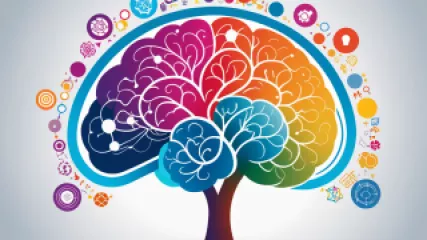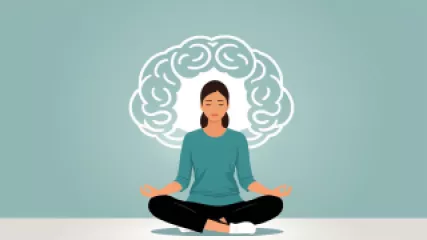Understanding Cognitive Theories of Intelligence: A Step-by-Step Guide
1 year ago
Intelligence Theories
Conquering My Phobia: A Personal Journey
1 year ago
Phobias
What is the Best Way to Start Your Mental Health Recovery Journey?
1 year ago
Recovery Journey
My Journey to Self-Acceptance: Coming Out as LGBTQ+ in the Digital Age
1 year ago
Sexual Orientation
How Physical Touch Helped Me Overcome Depression
1 year ago
Benefits of Physical Touch
7 Key Questions to Manage Financial Stress
1 year ago
Managing Financial Stress
Unlocking My Brain's Potential: A Personal Journey with Neurofeedback for Memory Enhancement
1 year ago
Memory Improvement
10 Thought-Provoking Existential Questions for Life Coaching
1 year ago
Existential Questions
Music Therapy Transformed My Mental Clarity
1 year ago
Music Therapy Benefits
Practicing Empathy: A Step-by-Step Guide to Cultivating Compassion
1 year ago
Cultivating Empathy
Uncovering the Science Behind Happiness: A Research Summary
1 year ago
Happiness
How to Cultivate Empathy: A Step-by-Step Guide
1 year ago
Empathy
The Ultimate Guide to Daily Gratitude Practices for Mental Health
1 year ago
Daily Gratitude Practices
How to Cultivate Forgiveness in Relationships
1 year ago
Psychology of Forgiveness
Overcoming Social Anxiety: A Step-by-Step Guide
1 year ago
Social Anxiety














